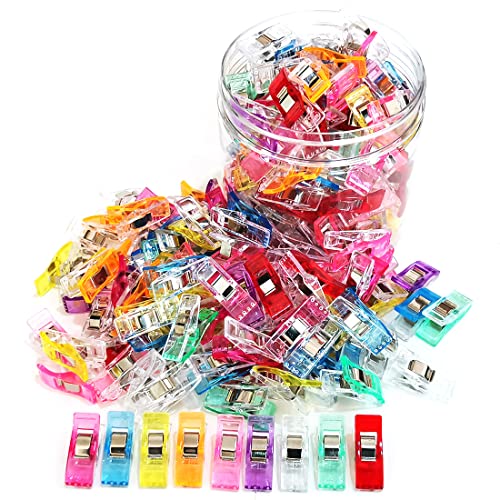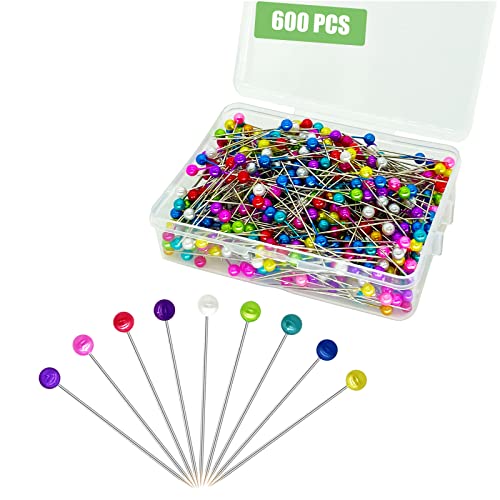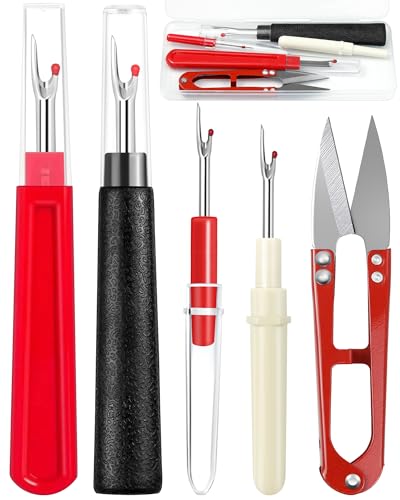If you’re a sewing enthusiast, you know that choosing the right needle for your project is crucial. When it comes to working with delicate fabrics like chiffon, selecting the correct sewing machine needle becomes even more important. The right needle can make all the difference in achieving smooth, professional-looking stitches without damaging the fabric. In this article, we’ll explore the different types of sewing machine needles suitable for chiffon, helping you make an informed decision for your next project.
When working with chiffon, it’s essential to use a needle specifically designed for lightweight and delicate fabrics. Using the wrong needle can result in snags, puckering, or even tearing the fabric. That’s why it’s crucial to understand the different types of sewing machine needles available for chiffon. In this article, we’ll break down the various needle options and discuss their specific features and benefits, so you can confidently choose the right needle for your chiffon projects.
The Importance of Choosing the Right Sewing Machine Needle
When it comes to sewing chiffon, selecting the appropriate sewing machine needle is absolutely crucial. The right needle ensures that you achieve smooth, professional-looking stitches without damaging the delicate fabric. So, let’s dive into the importance of choosing the right needle for your chiffon projects.
1. Needle Size
First and foremost, you need to consider the size of the needle. For chiffon, it is best to use a fine needle, such as a size 9 or 11. These smaller sizes prevent the needle from leaving visible holes in the fabric, giving you a clean finished result.
2. Needle Type
Next, let’s talk about the different types of needles suitable for chiffon. Here are two popular options:
- Universal Needle: This needle is a versatile option that can be used for a variety of fabrics, including chiffon. It has a slightly rounded point that glides smoothly through the fabric, reducing the risk of snagging or tearing.
- Microtex Needle: If you want even more precision, opt for a microtex needle. With its sharp, fine point, this needle pierces through chiffon without causing any damage. It creates precise, clean stitches, making it ideal for intricate projects.
3. Needle Quality
Lastly, don’t forget to consider the quality of the needle. Investing in high-quality needles ensures that they will last longer and perform better. Cheap, lower-quality needles are prone to dulling quickly, which can cause skipped stitches or damage to your fabric. So, it’s worth spending a bit more on quality needles to achieve the best results.
Understanding Chiffon Fabric
Chiffon is a delicate and lightweight fabric that adds an elegant touch to any garment or project. To achieve the best results when sewing with chiffon, it’s important to understand its characteristics and how to handle it properly.
Transparency and Flow
One of the distinctive features of chiffon is its sheer and transparent nature. It drapes beautifully and creates a flowing effect, making it a popular choice for formal wear, blouses, and scarves. When sewing with chiffon, it’s essential to use a needle specifically designed to work with delicate fabrics.
Needle Selection
Choosing the right needle for chiffon is crucial as it can make a significant difference in the final outcome of your project. Here are two types of needles that work well with chiffon:
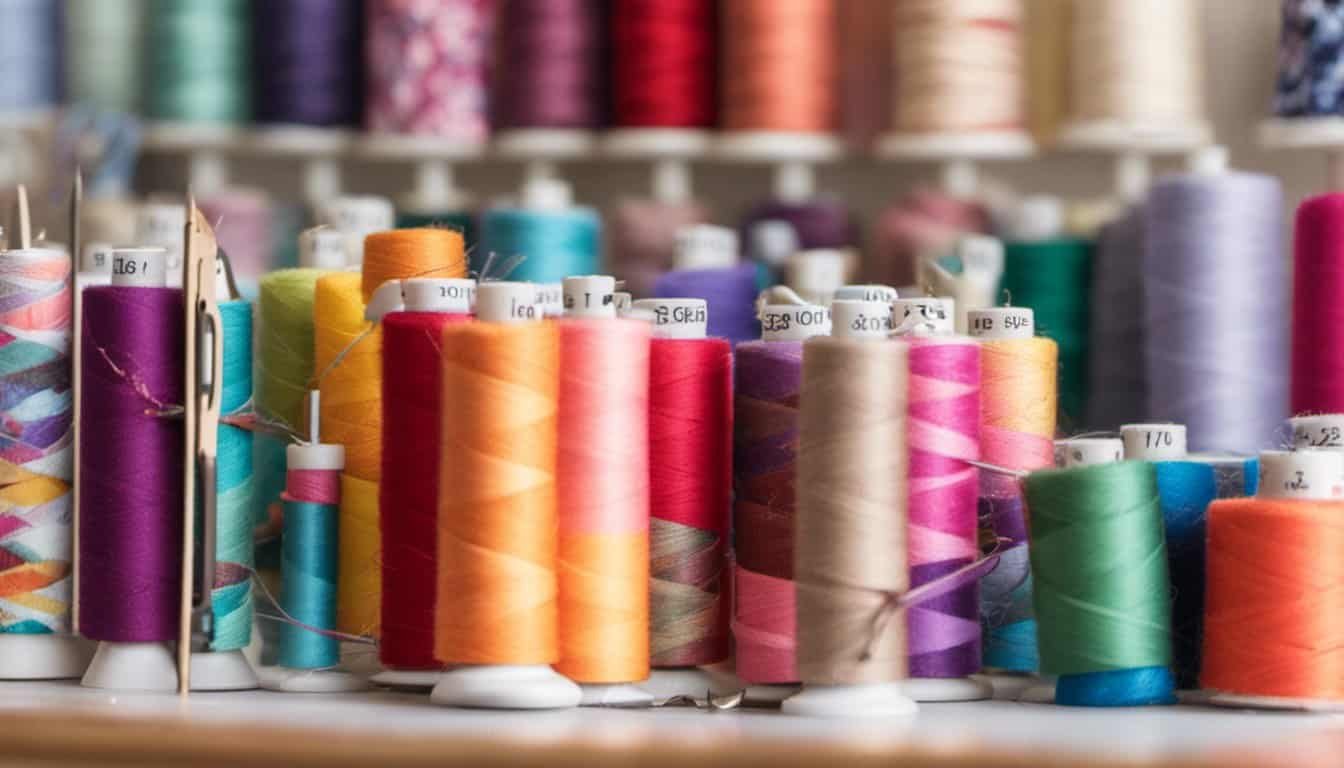
- Universal Needle: This needle is suitable for a wide range of fabrics, including chiffon. It has a slightly rounded point that helps prevent the fabric from snagging or pulling. The size of the universal needle will depend on the weight of your chiffon fabric.
- Microtex Needle: If you’re working with very lightweight chiffon or silk chiffon, consider using a microtex needle. It has a sharp point that easily pierces through delicate fabrics without causing damage.
Needle Size and Quality
The size of the needle plays a crucial role in achieving professional-looking stitches on chiffon. A smaller needle size, such as 60/8 or 70/10, is ideal for lightweight chiffon, while a larger size, like 80/12 or 90/14, is better for heavier chiffon fabrics.
Additionally, using a high-quality needle is paramount. A dull or damaged needle can lead to skipped stitches, snags, or even tears in chiffon. It’s a good practice to replace your sewing machine needle regularly, especially when working with delicate fabrics like chiffon.
Remember, working with chiffon requires patience and attention to detail. Take your time, use the appropriate needle, and handle the fabric gently to create beautiful, professional-looking projects.
By understanding chiffon’s unique properties and selecting the right needle, you’ll be able to sew chiffon with confidence and achieve stunning results! So go ahead, let your creativity flow, and enjoy working with this beautiful fabric.
Characteristics of Chiffon Fabric
« Discover the Untold Secret of Sewing Success: Mastering the Length of Your Needle Could Transform Your Stitches
Discover the Ultimate Sewing Machine for Beginners! Unveiling the Top Picks for Effortless Sewing Success »
Chiffon fabric has its own unique characteristics that make it a popular choice for sewing projects. Understanding these characteristics is important when selecting the right sewing machine needle for chiffon. Let’s take a closer look at what makes chiffon fabric special:
1. Transparency: Chiffon is known for its sheer and see-through nature. It adds an ethereal and delicate feel to garments, making it perfect for flowy dresses, skirts, and scarves. Keep in mind that the transparency of chiffon can make any stitching mistakes or thread tension issues more prominent. So, it’s crucial to choose the right needle and stitch carefully.
2. Lightweight: Chiffon is lightweight and airy, making it ideal for creating garments that drape beautifully. It flows gracefully and moves with the body, giving a romantic and elegant look to your creations.
3. Soft and Flowing: Chiffon fabric has a soft and smooth texture that feels luxurious against the skin. Its flowing nature adds a touch of elegance and femininity to any outfit.
4. Fray-Prone: Chiffon fabric can be prone to fraying, especially along the cut edges. To minimize fraying, it’s important to use sharp sewing machine needles that will make clean and precise stitches.
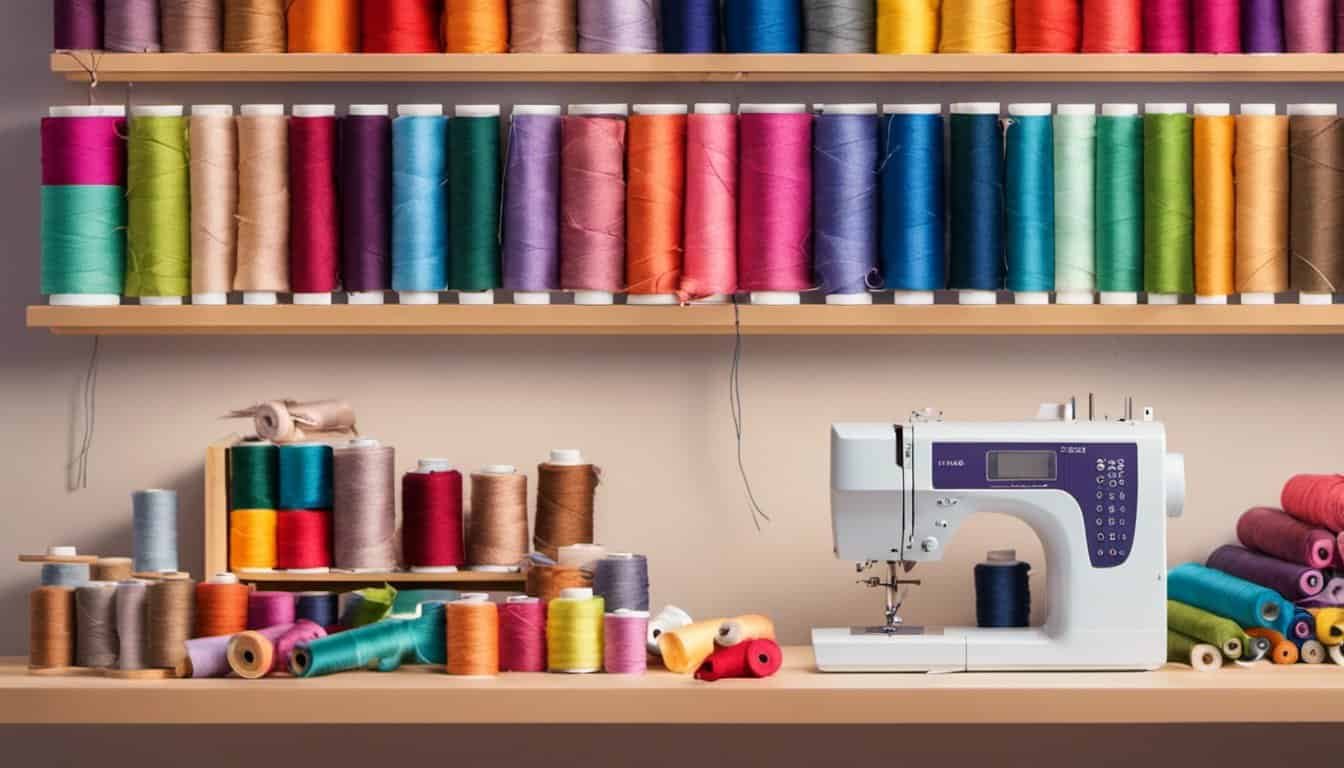
5. Delicate Handling: Chiffon fabric requires gentle handling due to its delicate nature. It’s important to use the correct sewing machine needle to avoid snagging, tearing, or damaging the fabric.
When working with chiffon fabric, it’s essential to choose the right sewing machine needle to ensure clean, professional-looking stitches without harming the delicate fabric. By understanding the characteristics of chiffon fabric, you can make an informed decision about the best needle to use. So, keep these factors in mind and let your creativity flow as you work with this beautiful and versatile fabric.
Let’s move on to the next section and explore the different types of sewing machine needles suitable for chiffon.
Challenges of Sewing with Chiffon
Sewing with chiffon can be a little tricky, but with the right techniques and tools, you can conquer any challenges that come your way. As an expert in all things sewing, embroidery, knitting, and crafts, I’m here to guide you through the common obstacles you might encounter when working with chiffon fabric.
1. Slippery Nature
One of the main challenges of sewing with chiffon is its slippery nature. The lightweight and flowing qualities that make chiffon so beautiful also make it a bit challenging to handle. When working with chiffon, it’s important to use sharp and fine sewing machine needles to prevent snagging or damaging the fabric. The right needle will help you create smooth, even stitches without pulling or puckering the delicate fabric.
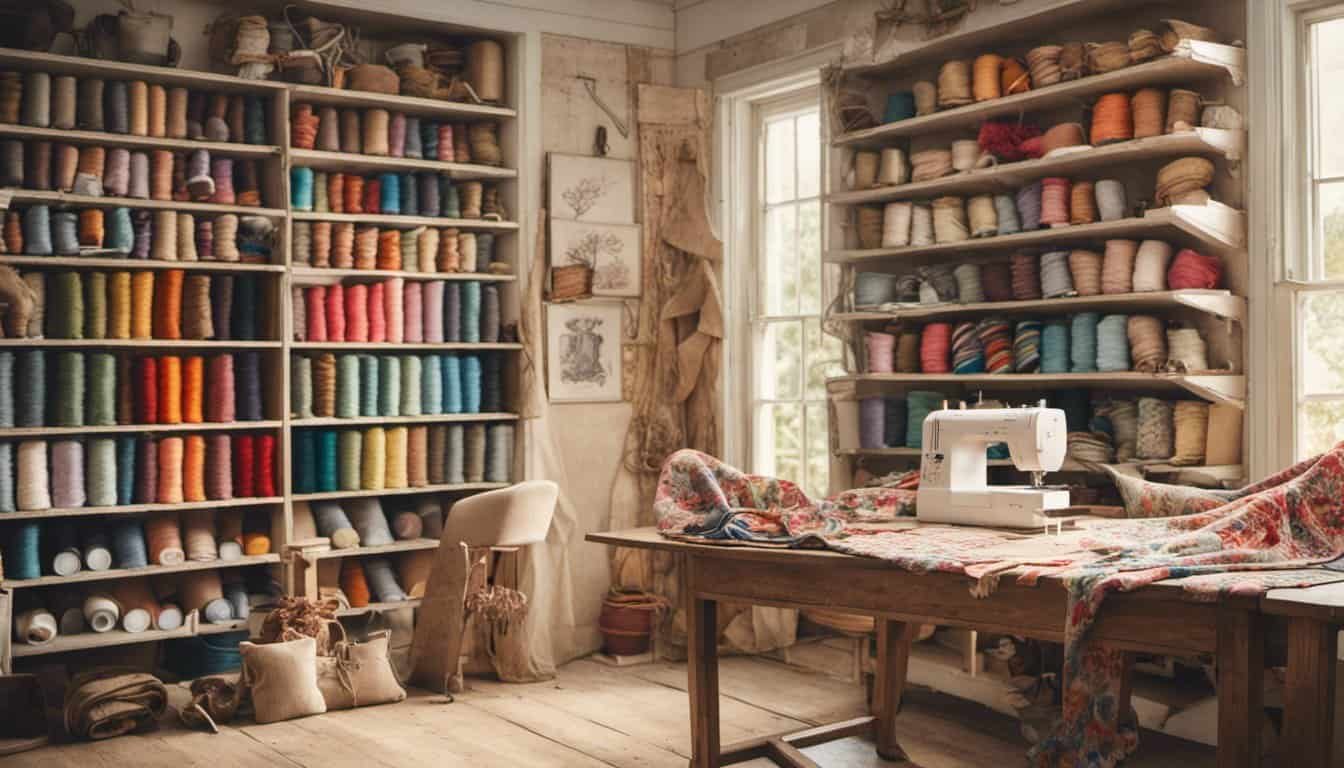
2. Fraying
Chiffon fabric is prone to fraying, which can be both frustrating and time-consuming. To prevent excessive fraying, it’s crucial to finish the edges of your chiffon fabric. You can achieve this by using methods like French seams, narrow hems, or using a serger machine if you have one. These techniques will help to secure the edges and prevent any unraveling.
3. Visibility
Due to its translucent nature, sewing with chiffon may require a little extra attention to detail. It’s essential to choose sewing threads that match the color of your chiffon fabric to ensure they blend seamlessly. Additionally, using lightweight and thin thread will help minimize the visibility of stitches, giving your sewing projects a more professional finish.
4. Delicate Handling
Chiffon fabric requires gentle and delicate handling throughout the sewing process. When cutting your chiffon, make sure to use sharp, fine scissors to prevent snagging or fraying. It’s also important to handle the fabric with clean, dry hands to avoid any oils or dirt transferring onto the fabric, which could stain or damage it.
Remember, practice makes perfect when it comes to sewing with chiffon. Don’t be discouraged if your first few attempts don’t turn out the way you imagined. Take your time, experiment with different techniques, and most importantly, enjoy the process of creating something beautiful with this exquisite fabric.
Now that you’re armed with the knowledge and tips to overcome the challenges of sewing with chiffon, it’s time to let your creativity shine through and embark on your next chiffon sewing project! Happy
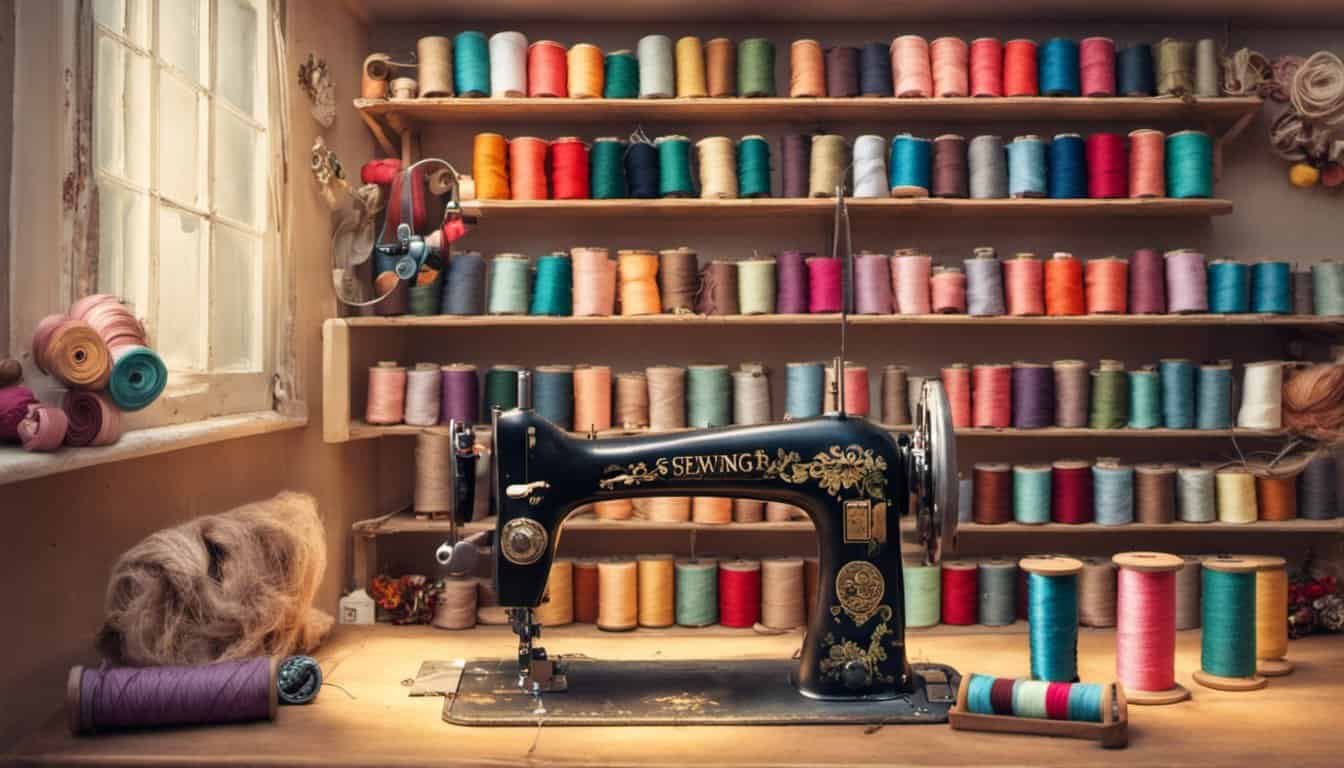
Selecting the Correct Sewing Machine Needle for Chiffon
When it comes to sewing delicate fabrics like chiffon, choosing the right needle is key to achieving a flawless outcome. The wrong needle can lead to snagging, puckering, or even tearing the fabric. So, let’s delve into the world of sewing machine needles and find out which ones are best suited for chiffon.
- Universal Needle: This is a great all-purpose needle for most fabrics, including chiffon. It has a slightly rounded point that can smoothly penetrate the fabric without causing damage. Opt for a finer size like 60/8 or 70/10 for sewing chiffon.
- Microtex Needle: If you’re looking for precision stitching on chiffon, a microtex needle is the way to go. It has an extra-sharp, fine point that minimizes the risk of snagging or leaving visible holes in the fabric. Sizes like 70/10 or 80/12 work well for chiffon.
When selecting a needle for chiffon, consider the size and quality. Smaller sizes, such as 60/8, 70/10, or 80/12, are ideal for fine fabrics like chiffon. Additionally, investing in high-quality needles will ensure smoother sewing and reduce the risk of damaging your fabric.
Remember, chiffon is a lightweight and delicate fabric, so it’s essential to approach it with care. Take your time and go slowly to prevent tugging or stretching the fabric.
Factors to Consider When Choosing a Sewing Machine Needle for Chiffon
When it comes to sewing delicate fabrics like chiffon, choosing the right sewing machine needle is essential for achieving professional-looking results. Here are a few factors to consider before selecting a needle for your chiffon projects:
Needle Type:
- Universal Needle: This is a versatile needle that can be used for different types of fabrics, including chiffon. It has a slightly rounded point, allowing it to glide smoothly through the fabric without causing any damage.
- Microtex Needle: If you want to achieve even finer stitches on your chiffon fabric, a microtex needle is a great option. It has a sharp point that pierces through the fabric with precision, resulting in clean and neat stitches.
Needle Size:
- Fine Needle: For lightweight chiffon, opt for a fine needle size such as 60/8 or 70/10. These smaller needles will help prevent any visible holes or puckering on the fabric.
- Standard Needle: If you are working with medium-weight chiffon, a standard needle size like 80/12 should do the trick. It allows for a good balance between fabric penetration and stitch quality.
Needle Quality:
Investing in high-quality needles is crucial when working with delicate fabrics like chiffon. Cheap or worn-out needles can cause snagging, skipped stitches, or even fabric damage. Look for reputable brands and replace your needles regularly to ensure smooth and precise stitching.

Remember, practice makes perfect when it comes to sewing chiffon. Don’t be discouraged if your first few stitches don’t turn out exactly how you want them to. With patience and attention to detail, you’ll soon master the art of sewing this beautiful and delicate fabric.
Now that you know which factors to consider when choosing a sewing machine needle for chiffon, you can confidently tackle your next project. Whether you’re creating a flowing chiffon dress or a delicate scarf, using the right needle will help you achieve professional results. Happy sewing!
OVER TO YOU:
Recommended Needle Types for Sewing Chiffon
When it comes to sewing chiffon, choosing the right needle is key to achieving beautiful, professional-looking stitches without damaging the delicate fabric. The wrong needle can cause snags, puckering, or even straight-up holes in your chiffon masterpiece. But fear not, dear crafter! I’m here to guide you through the recommended needle types for sewing chiffon, so you can tackle your next project with confidence.
Here are the top needle types that work like a charm with chiffon:
- Microtex Needle: This needle is specifically designed for lightweight fabrics like chiffon. It has an extra sharp, slim point that effortlessly glides through the fabric, creating precise and neat stitches. The small, sharp tip helps to minimize the risk of snagging, ensuring your chiffon remains intact.
- Universal Needle: As the name suggests, this needle is a versatile option that can handle a wide range of fabrics, including chiffon. The slightly rounded point of the universal needle helps to prevent snags and provides smooth stitching on delicate fabrics.
You might be wondering about the size of the needle. Well, for chiffon, it’s generally recommended to use a size 70/10 or 80/12 needle. These sizes strike the right balance between piercing the fabric without leaving noticeable holes.

Remember, quality matters too! Investing in high-quality needles can make a significant difference in your sewing experience. Look for reputable brands that offer precision and durability, ensuring your needles can withstand the delicate nature of chiffon.
So, next time you embark on a chiffon sewing adventure, make sure to choose a microtex or universal needle in sizes 70/10 or 80/12. With the right needle in hand, you’ll stitch your way to chiffon perfection without breaking a sweat.
Tips for Sewing Chiffon with the Right Needle
Sewing chiffon can be a delicate and challenging task, but with the right needle and a few helpful tips, you can achieve beautiful, professional results. Here are some tips to keep in mind when sewing chiffon with the right needle:
1. Choose the right needle: Opt for a fine needle specifically designed for sewing delicate fabrics like chiffon. The ideal needle for chiffon is a microtex needle or a universal needle in a small size, such as size 70 or 80. These needles have a sharp point and a slim profile that allows them to smoothly glide through the fabric without causing snags or runs.
2. Use a fresh needle: It’s essential to use a new needle for sewing chiffon. Old or dull needles can cause damage to the delicate fabric, resulting in uneven stitches or puckering. So, make sure to replace your needle regularly to ensure clean and precise stitches.

3. Thread weight: Consider using a lightweight thread that matches the color of your chiffon fabric. Thin threads, such as polyester or silk thread, will create less bulk and make your stitches less visible.
4. Finishing edges: Chiffon has a tendency to fray easily. To prevent fraying and create a neat finish, consider finishing the edges of your chiffon fabric using a serger or a narrow zigzag stitch on your sewing machine. This will not only protect the fabric but also ensure durability.
5. Handling with care: Chiffon is a delicate and lightweight fabric, so it requires gentle handling. Avoid pulling or tugging on the fabric while sewing, as it can cause stretching or distortion. Instead, use your fingers or a pair of fine-pointed tweezers to guide the fabric through the machine.
6. Practice and experiment: As with any sewing project, practice makes perfect. Take the time to experiment with different techniques, stitches, and tensions on scrap pieces of chiffon before working on your final garment or project. This will allow you to familiarize yourself with the fabric and gain confidence in your sewing skills.
Conclusion
By following these tips, you can ensure that your sewing projects with chiffon turn out beautifully every time. Remember to choose a fine needle, such as a microtex or universal needle in a small size, to prevent any damage to the delicate fabric. Using a fresh needle and considering the weight of your thread will also contribute to achieving smooth, professional-looking stitches. Additionally, finishing the edges of your chiffon fabric will help prevent fraying and ensure a clean finish.
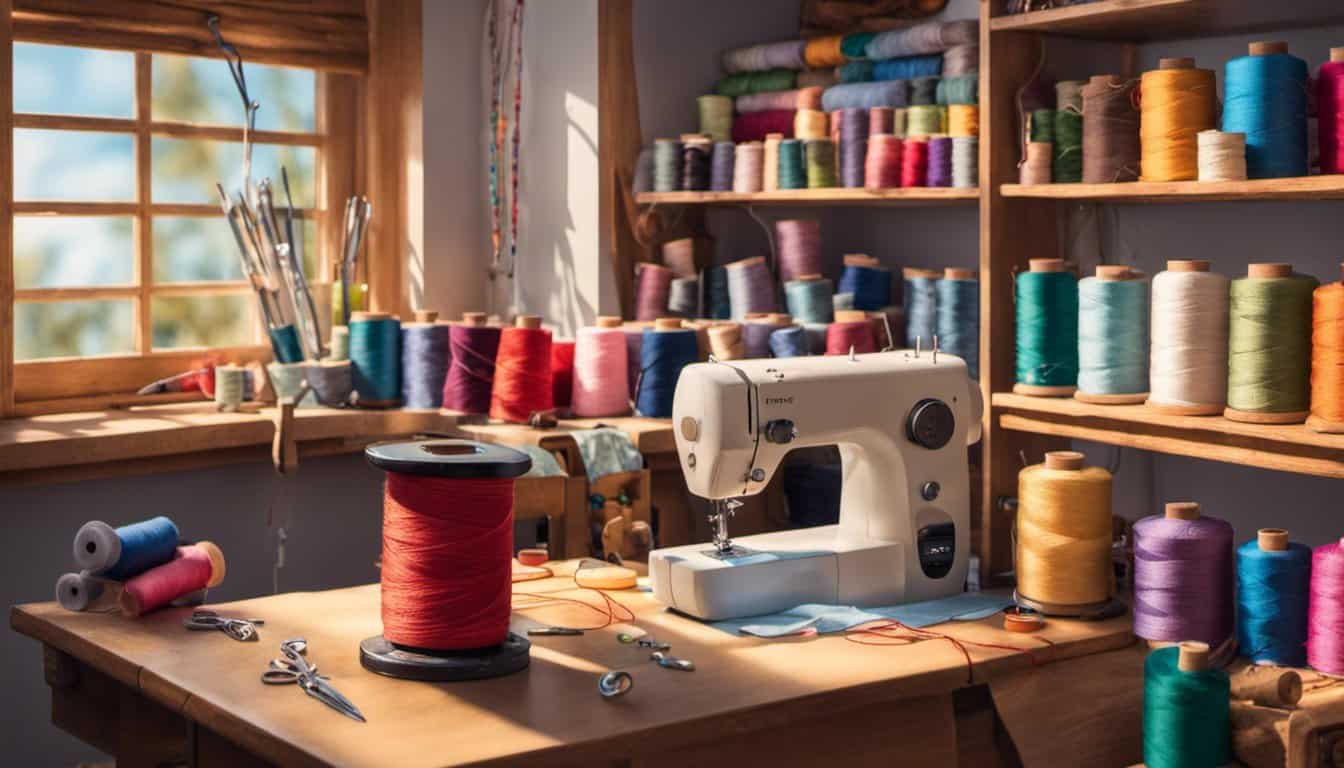
When working with chiffon, it’s important to handle the fabric with care, as it can be easily snagged or stretched. Take your time and practice different techniques to find what works best for you. With a little patience and experimentation, you’ll be able to create stunning garments and accessories with chiffon.
So, go ahead and start sewing your chiffon projects with confidence, knowing that you have the knowledge and skills to choose the right needle and handle the fabric with care. Happy sewing!


